In my role as a psychotherapist I help men to stop this abusive behaviour. In many cases, they do not have a sexual interest in children and instead have a porn habit that has got out of hand.
However, it would be naïve to think that all internet offenders are the same. Some are child molesters who use CAI and chat rooms as part of their offending cycle. Sexual fantasy, distribution and grooming may play their part. Others may be paedophiles but are not child molesters despite being sexually orientated towards children.
This article focuses on internet offenders who have not molested children and who have no interest in doing so. Poignantly, clients often say "This is not who I am" or "I don't recognise myself". They are usually male, often with adult partners, and they are not paedophiles (that is they do not have a primary and persistent sexual interest in pre-pubescent children). A question often asked by their family is "why did they do it?" My experience is that some people become addicted to porn in a similar way to becoming addicted to alcohol, drugs or gambling.
Addicts to internet porn follow the typical addiction symptoms of craving and preoccupation, followed by increased frequency, duration, intensity or risk to achieve the desired effect. Alongside this, they experience negative consequences in important areas of their lives. For example, they often spend many hours on the internet, neglecting their relationships and their job.
At the beginning, they didn't go onto the internet with the intention of looking at child abuse images, but nevertheless ended up there. They couldn't understand why they continued to do something that disgusted them and which they knew was illegal. I suggest that each of them became desensitised to mild porn and sensitised to extreme porn. Their higher thinking brain, compromised by addiction, could not win the battle, even when it came to viewing child abuse images.
With an endless supply of images and videos, internet porn sites provide a difficult environment for addicts to escape from. Whilst seeking and searching for pleasure, dopamine, a neurochemical, rises with anticipation. Dopamine reinforces the reward circuitry of the brain which is where we experience cravings and pleasure and where we get addicted. Research has shown that dopamine declines with habituation and surges again with novelty. Dopamine also increases with shock and anxiety; hence a person may well look at a porn genre that isn't consistent with their sexuality or their value system.
When perpetrators get caught their devices are taken and abuse images are counted and catalogued for severity. Ongoing contact with children may need to be supervised. Relationships suffer and sometimes don't survive. A job loss may be inevitable leading to financial strain and further social isolation.
Internet offenders are not the stereotypical 'dirty old men'. They are often ordinary people just like your own friends and family. The consequences of arrest and what follows is life changing and often lead to suicidal thoughts and mental health issues.
Although every offender has different complexities, when working with someone I consider their upbringing first. Quite often they will have some vulnerabilities as a result of their psychological and emotional history. We work out their triggers to offending so that they can be avoided or managed. It can help to explain the addiction process and how the brain works. We explore their way of thinking and the meaning they put on to things. This understanding helps the client to modify the particular beliefs and values which may have led to their offending. In addition we work on developing self-esteem, healthy relationships and other aspects of their life: all of which increase the likelihood of maintaining an offence-free life.
Please see the StopSO website for details of a conference being held in London On May 2nd 2018: Tackling Sexual Abuse in the 21st Century. This will be an unusual event, because all the speakers are people directly involved in sexual offences. The Police Lead on Child Sexual Abuse, Chief Constable Simon Bailey, will be a speaker. Also speaking will be a convicted sexual offender, a therapist who works with sexual offenders, a family member of someone convicted for sexual offences and a survivor of child sexual abuse.
StopSO (Specialist Treatment Organisation for the Prevention of Sexual Offending) has a pool of trained therapists able to work individually with those who have committed a sexual offence. In 2018 it expects to be approached by around 2000 clients struggling with sexually inappropriate behaviour. To join StopSO you will need to complete their foundation training which is a series of three one day courses (07473 299883 or www.stopso.org.uk ).

